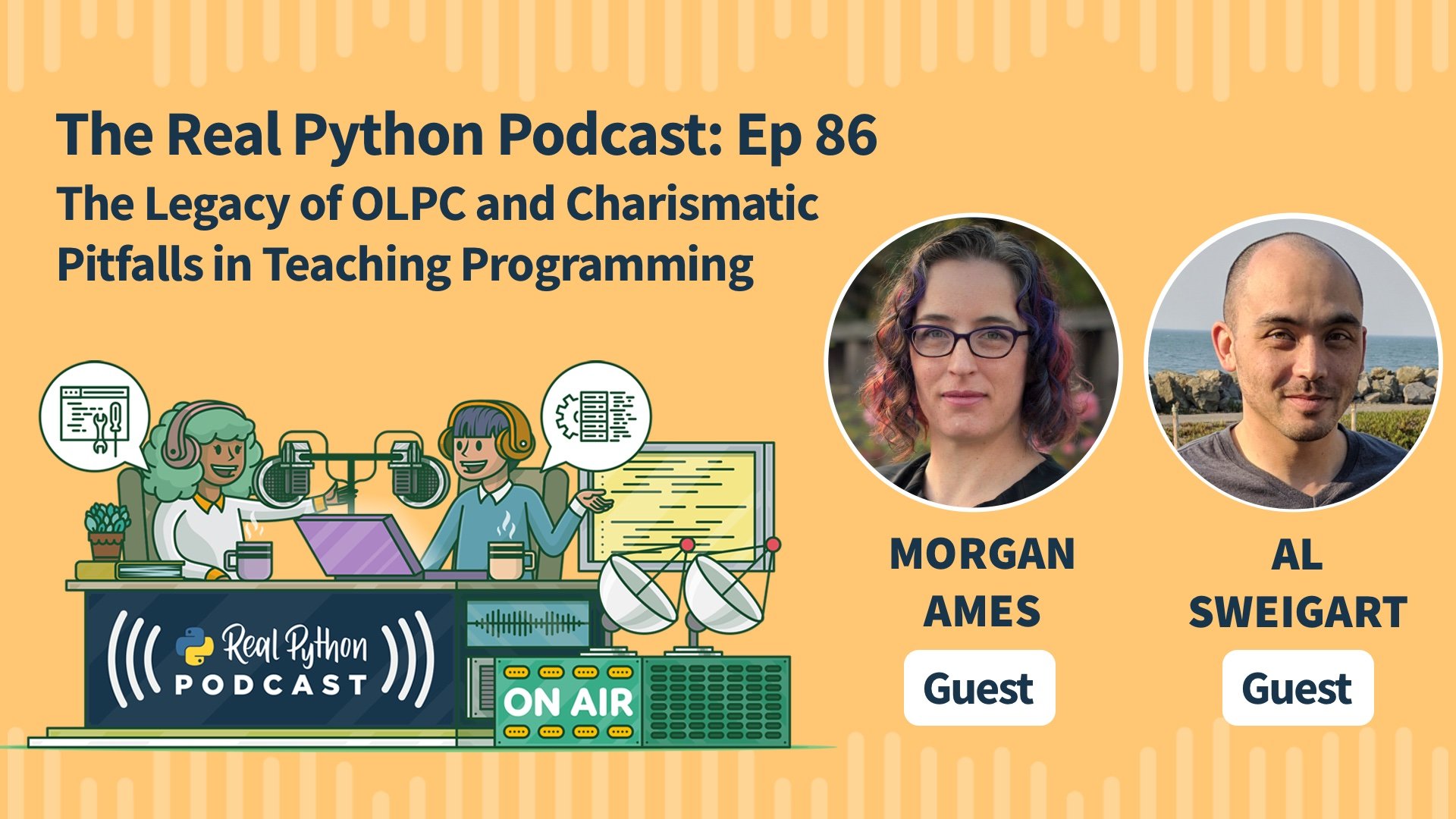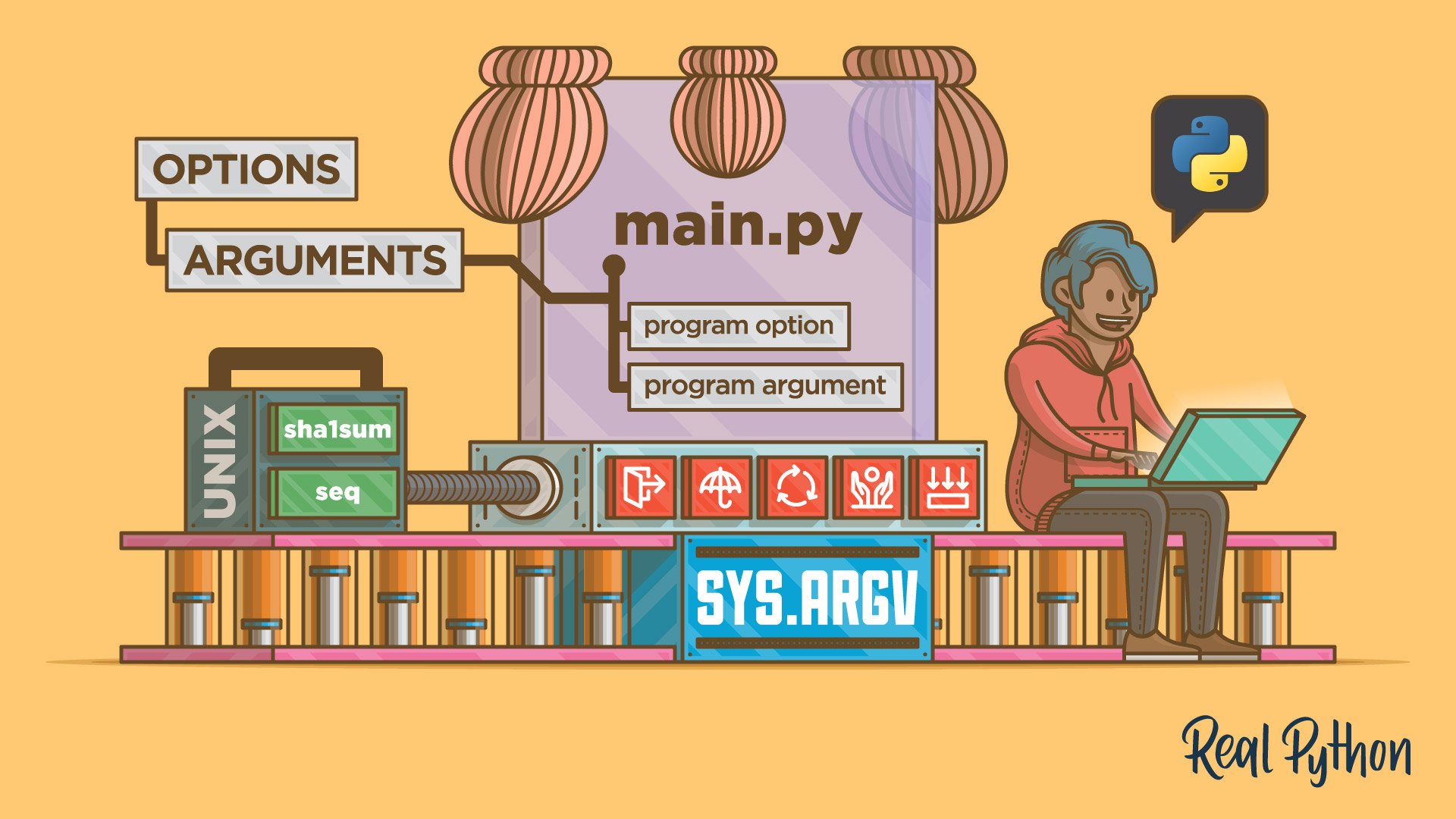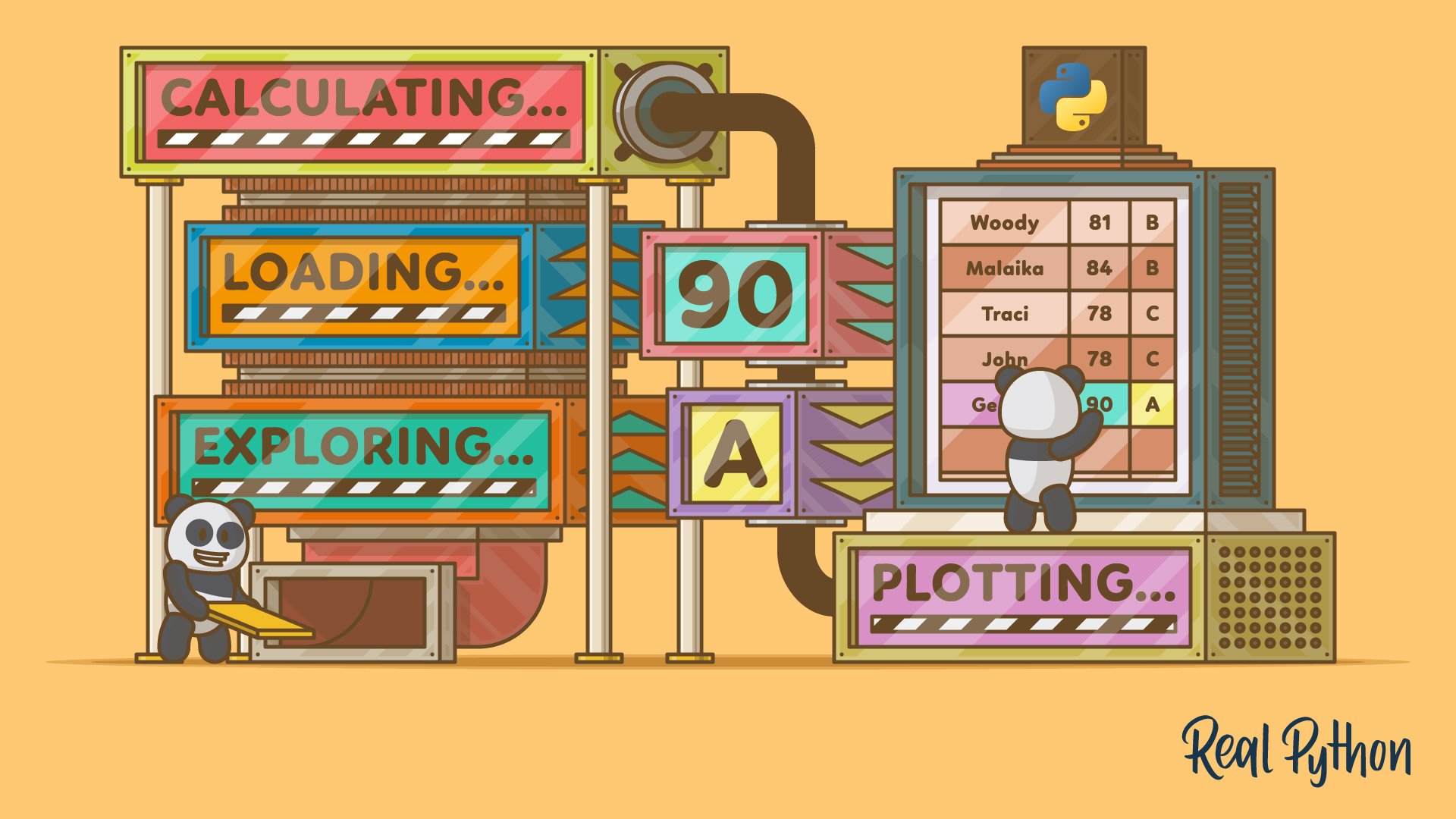
Episode 86: The Legacy of OLPC and Charismatic Pitfalls in Teaching Programming
The Real Python Podcast
Do you remember the One Laptop Per Child program? What went wrong, and what can we learn from the program’s failure? What are the potential pitfalls of charismatic technology, and how can we avoid them when introducing students to programming? This week on the show, former guest Al Sweigart and author Morgan Ames are here to talk about her book “The Charisma Machine - The Life, Death, and Legacy of One Laptop per Child.”
Episode Sponsor:
We discuss the OLPC program and how idealized visions of our programming backgrounds can become traps. Morgan explains how these utopian visions are still used to attempt to disrupt education. Along with this cautionary tale, we also talk about educational programs that are working and how entry points to programming are changing.
Course Spotlight: Using Pandas to Make a Gradebook in Python
With this course and Python project, you’ll build a script to calculate grades for a class using pandas. The script will quickly and accurately calculate grades from a variety of data sources. You’ll see examples of loading, merging, and saving data with pandas, as well as plotting some summary statistics.
Topics:
- 00:00:00 – Introduction
- 00:02:13 – Morgan’s background
- 00:02:58 – Computer Science and Information Science
- 00:04:46 – Early introduction of computers to schools
- 00:08:25 – What was the One Laptop Per Child (OLPC) Program?
- 00:12:32 – Turtle art and Scratch
- 00:16:34 – Sponsor: CData Software
- 00:17:15 – What is the global south?
- 00:19:12 – How does charisma apply to objects and technology?
- 00:28:30 – Python language design and Learn to Code
- 00:34:53 – Media technology scares and the self taught coder
- 00:40:35 – Video Course Spotlight
- 00:41:41 – Technically precocious boys and exclusion of others
- 00:43:47 – Minecraft and technology maintenance skills
- 00:49:08 – Skewed utopian visions and lack of ongoing support
- 00:52:54 – Shifting feminine vs masculine perceived roles in computing
- 01:02:41 – Changing entry points for programming
- 01:09:00 – The why of “learn to code” and empowerment
- 01:13:13 – Metaverse, nostalgia, and dystopia
- 01:14:45 – The Diamond Age and Code Hero Kickstarter
- 01:16:53 – Avoiding future charismatic traps
- 01:18:28 – Shoutouts and social connections
- 01:21:04 – Thanks and goodbyes
Show Links:
- Morgan G. Ames: Personal Website
- The Charisma Machine: The Life, Death, and Legacy of One Laptop per Child
- Al Sweigart: Personal Website
- The OLPC Wiki
- Logo History: Logo Foundation
- Seymour Papert: Wikipedia article
- Mitchel Resnick - LEGO Papert Professor of Learning Research at the MIT Media Lab
- Sounding Out with the OLPC XO: Linux Journal
- Scratch: The world’s largest free coding community for kids
- VR Will Make Life Better—Or Just Be an Opiate for the Masses
- The Perils of Using Technology to Solve Other People’s Problems
- Gender & Computing - Nathan Ensmenger
- Disruptive Fixation: School Reform and the Pitfalls of Techno-Idealism
- Connected Learning Lab: Research Themes
- STEM vs. STEAM: Why One Letter Matters
- Black Girls CODE
- Code Hero: A Game That Teaches You To Make Games
- Chasing Innovation: The Limits of Entrepreneurship - Online talk
- Turkopticon helps the people in the ‘crowd’ of crowdsourcing watch out for each other—because nobody else seems to be.
- Morgan G. Ames: Twitter profile
- Invent With Python: Learn to Program







